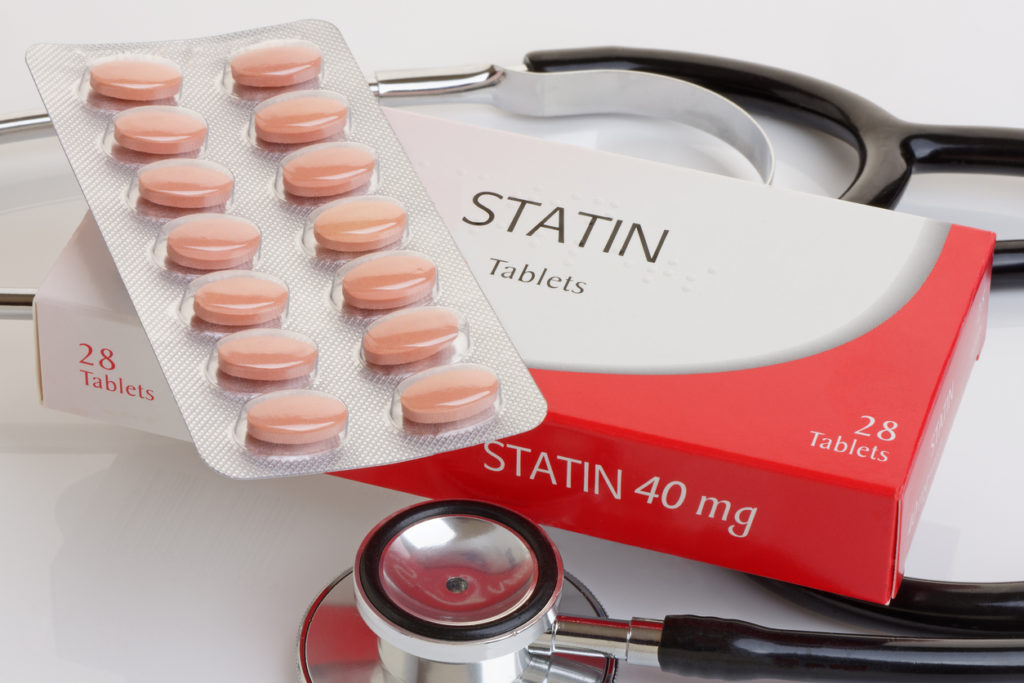More than 73 million people in the U.S. have high levels of low-density lipoprotein (LDL), or “bad,” cholesterol, according to the Centers for Disease Control and Prevention (CDC). Statin medications like Lipitor, Zocor and Crestor are among the most widely-prescribed medications on the planet, with nearly 30% of adults in the U.S. over the age of 30 relying on the drugs to prevent heart disease and stroke, according to the CDC.
However, a study published last week in the Annals of Internal Medicine found that only 61% of patients who were prescribed a statin were still following their regimen after 3 months, and just over half were still taking them after 6 months.
“No symptoms are associated with high cholesterol levels, so it’s difficult to convince patients that they need to take a medication for prevention, before the catastrophe happens,” said Dr. Steven Nissen, chairman of Cardiovascular Medicine at the Cleveland Clinic.
For the study, researchers looked at data on more than 28,000 patients in 2 Massachusetts hospitals and found that 3 in 10 stopped taking statins after experiencing side effects, which they perceived were caused by the medications.
About 8.5% of those who discontinued use of the drugs suffered a cardiovascular event, such as a heart attack or stroke, within 4 years — compared to 7.6% of patients who continued taking statins.
“Those numbers are alarming,” said NBC lead correspondent Dr. John Torres. “We don’t want patients quitting their statins without their doctor’s supervision. But, we also have to acknowledge that there are multiple reasons why people stop their statins.”
A main reason many people quit taking the medicines is due to their side effects, according to data from the Mayo Clinic. In 2012, the U.S. Food and Drug Administration (FDA) required that statin labels be updated with warnings about confusion and memory loss, elevated blood sugar leading to type 2 diabetes, and muscle weakness.
The drugs have also recently gotten a bad rap in the media, as a Google search for “statins” turns up first page results with article titles including ‘5 reasons Not to Take Your Statin’; ‘The Grave Dangers of Statin Drugs—and the Surprising Benefits of Cholesterol’; and ‘Why I’ve Ditched Statins for Good.’
Misinformation, combined with actual side effects, can contribute to what’s been called a “nocebo” effect, in which someone is preconditioned to anticipate a negative effect from an experience.
The researchers concluded that most patients who initially experience side effects can actually tolerate long-term use of the drug by either taking a lower dose, or by switching to a different type of statin.
Source: NBC News
